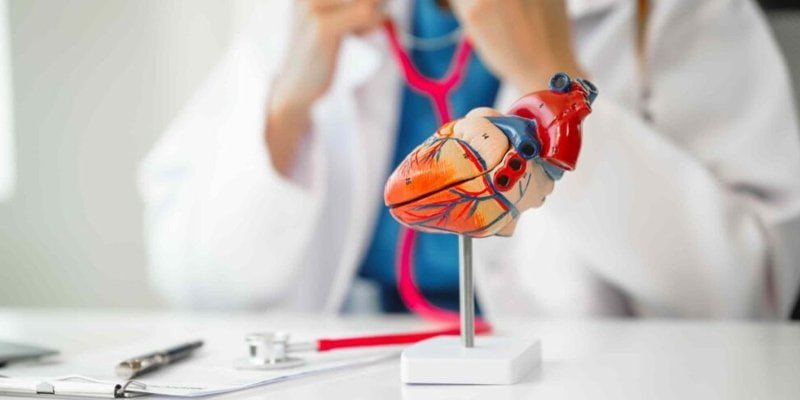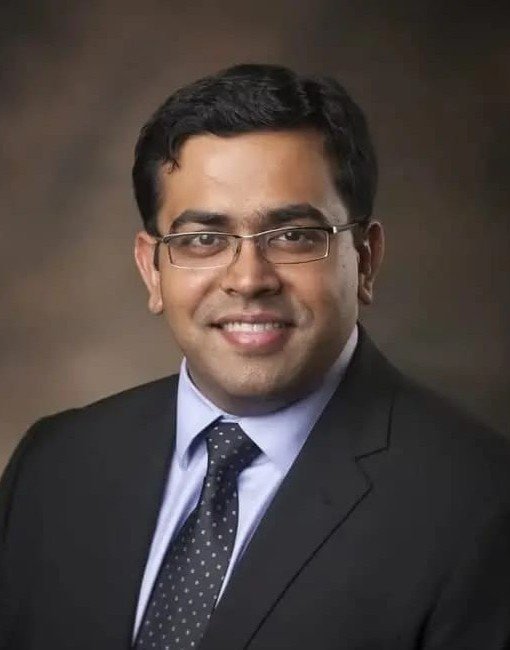Cardiac surgery has revolutionised the treatment of heart diseases, significantly improving the life expectancy of millions of patients worldwide. With modern medical advancements, these surgeries have become precise, less invasive and increasingly successful.
However, these surgeries come with their own benefits and risks. Understanding the benefits and risks of these procedures helps in making informed decisions about the procedure.
Keep reading to learn more about the risks and benefits of different cardiac surgeries!
Common Types of Cardiac Surgery
Cardiovascular surgery, also known as cardiac surgery, refers to the surgical procedures that are performed on the heart or the blood vessels carrying blood to and from the heart. It may be done during a medical emergency or can be planned.
There are different types of cardiac surgeries depending on the type of heart problem, the health of the patient, and other factors. It includes
- Open-heart surgery: The surgeon will make a large incision in the chest to open the rib cage, and the patient is then connected to an artificial heart called the heart-lung bypass machine. Different open-heart procedures are performed
- Coronary artery bypass graft surgery
- Aneurysm repair
- Heart valve repair or replacement surgery
- Insertion of ventricular assist devices
- Heart transplant
- Minimally invasive surgery: The surgeon will make small incisions or cuts between the ribs through the chest for the surgery. It offers less pain and quicker recovery for many people. Different minimally invasive procedures are performed
- Valve replacement
- Transcatheter Aortic Valve Replacement (TAVR/TAVI)
- Coronary artery bypass surgery
- Septal defect closure
- Maze procedure for atrial fibrillation
- Surgery to remove tumors from the heart
- Robotic-assisted surgery: The surgeon uses a computer to control the tools and is a type of minimally invasive surgery.
- Off-pump heart surgery: The surgeon performs the surgery on the beating heart without using a heart-lung machine to perform the surgery.
Benefits of Cardiac Surgery
Cardiac surgery may save your life and improve the quality of life of patients, offering relief from symptoms and improving overall heart function.
- Improved heart function: Cardiac surgeries, including coronary artery bypass grafting, may help in restoring normal blood flow to the heart, including alleviating chest pain and shortness of breath. It helps in enhancing heart function and overall well-being.
- Enhanced life expectancy: One of the most significant benefits of cardiac surgery is its potential to increase life expectancy, especially in patients with serious heart conditions, including coronary artery disease, valve disorders, or heart failure. It is due to advances in medical technology and the experience of the surgeons.
- Enhanced quality of life: Post-surgery, many patients experience a substantial improvement in energy, reduced fatigue and are enabled individuals to resume daily activities and a more active lifestyle.
- Reduced dependence on medications: Cardiac surgery may reduce or eliminate the need for long-term medications, reducing the dependence on medications and providing intense comfort and convenience to patients.
Risks and Complications of Cardiac Surgery
Heart surgeries are generally safe, but like all surgeries, they may carry risks, including
- Bleeding
- Allergic reaction to anaesthesia
- Infection, fever, and swelling may occur at the incision site
- Arrythmias
- Memory loss, confusion, or trouble thinking.
- Damage to tissues, including the heart, kidneys, liver, and lungs
- Neurological damage, including stroke
- Neuropsychological and psychopathological changes
- Pneumonia
The risks of heart surgery tend to be higher if the surgery is an emergency and the patients have medical conditions, including diabetes, kidney disease, lung disease, and peripheral artery disease. It may lead to death if not treated in adequate time.
When Is Cardiac Surgery Necessary?
Cardiac surgeries are recommended when individuals have blockages in the arteries that carry blood to the heart, heart valves are not working, they have abnormal heart rhythms, and they develop heart failure.
It is performed for a variety of reasons, including
- Treating valvular heart disease from various causes, including endocarditis, rheumatic heart disease and atherosclerosis
- Repairing irregular heartbeats
- Correcting congenital heart problems that affect heart structure or function
- Opening blocked arteries
- Repairing damaged heart valves
- Treating complications of ischemic heart disease
These surgeries may be required in both adults and children. Early diagnosis and timely surgery may lead to better outcomes and fewer complications.
Why Heart360 Care is the Best Choice for Cardiac Surgery?
Heart360 Care in Chennai is one of the leading centres for cardiac surgery, known for its cutting-edge technology, world-class surgeons, and patient-centred approach.
Here are some of the reasons for choosing Heart360 Care for your heart surgery needs:
- World-class infrastructure with the latest advancements
- A team of experienced cardiac specialists led by renowned surgeon Dr Nikhil
- Comprehensive, patient-centred care
- Proven track record of success in many surgeries, including robotic cardiac surgery, TAVR/TAVI, minimally invasive cardiac surgery, CABG and valve replacement
- Convenient location and accessibility
If you have any queries regarding cardiac surgeries, you may book an appointment with Heart360 Care to get answers from experts!
Conclusion
Cardiac surgery is a life-saving procedure with several benefits that has helped individuals with life-threatening heart conditions. With the right care and follow-up, the risks associated with heart surgery can be avoided. The patients may experience a better quality of life, higher life expectancy, improved heart function, and reduced health complications after the surgery.
FAQs
Yes, cardiac surgery is generally safe, especially when performed by experienced surgical teams. The different advancements in medical science and post-operative care have significantly improved safety and outcomes.
The major risks of heart surgeries are bleeding, infection, stroke, irregular heartbeat, kidney dysfunction, cognitive issues, and in rare cases, death. These risks may vary depending on the patient’s health and the type of surgery performed.
Cardiac surgery may improve heart function and treat the symptoms associated with heart disease. It may help in managing the disease along with lifestyle modifications, but it may not eliminate the root cause of the disease.
The recovery from heart surgery depends on the type of the surgery performed, the age of the patient, and the health of the patient. Most people may need 6-12 weeks to recover after the surgery with regular check-ups and adherence to lifestyle modification.
References
https://www.hopkinsmedicine.org/health/treatment-tests-and-therapies/cardiovascular-surgery
https://www.ncbi.nlm.nih.gov/books/NBK532935
https://www.nih.gov/news-events/nih-research-matters/heart-bypass-surgery-brings-long-term-benefits
https://www.mayoclinic.org/tests-procedures/minimally-invasive-heart-surgery/about/pac-20384895










1 thought on “Risks and Benefits of Cardiac Surgery: Complete Guide”
Comments are closed.